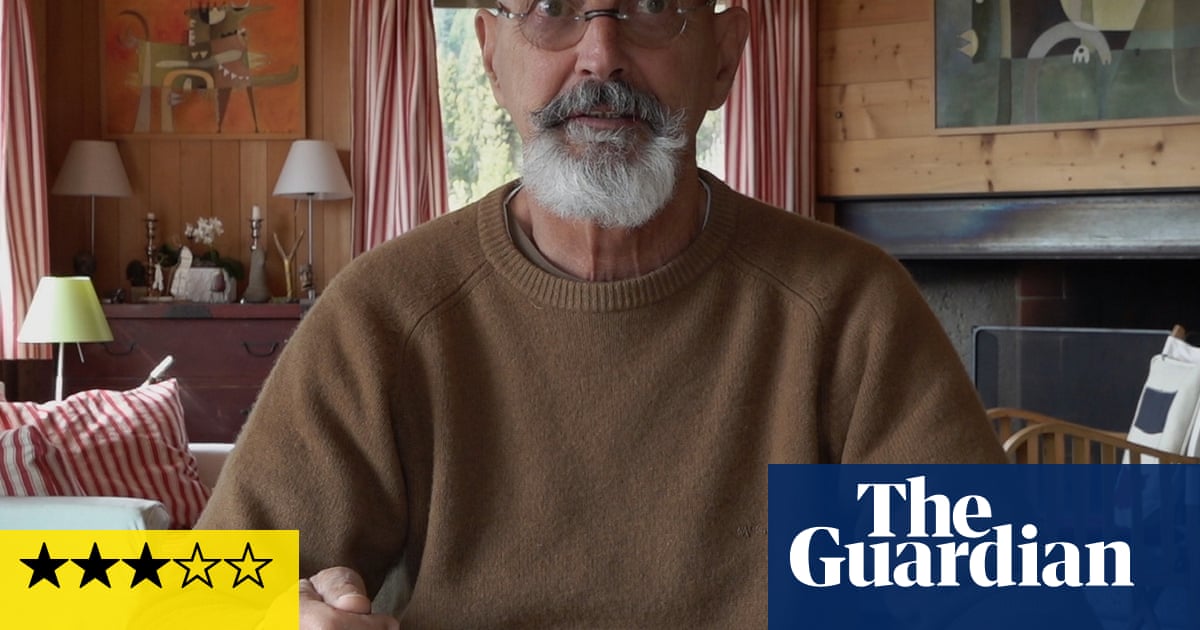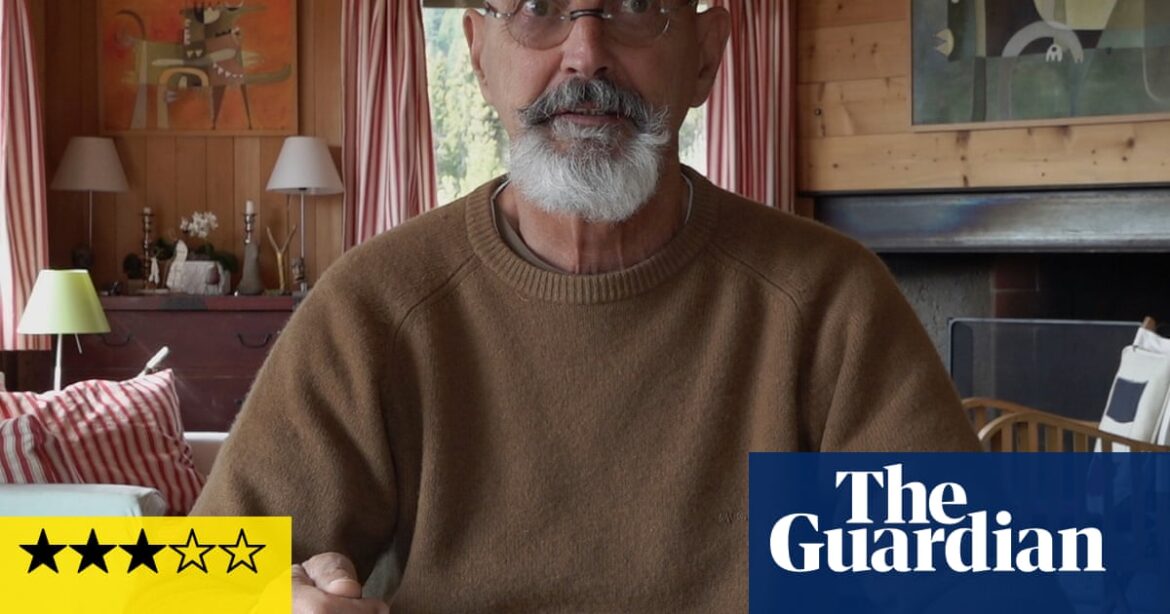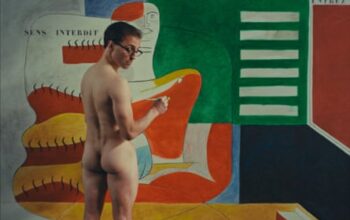
The genesis of Jules Guarneri’s documentary – his first – comes from an unusual gift. Having made more than 20 hours of a filmed diary, his father, Jean, entrusted the material to the budding director, hoping that it would form the building blocks for his son’s first feature. These visual journals, in which the older man addresses the camera – and ultimately Guarneri – with recollections from his past, are awash with nostalgia and regret. As Jean’s recordings are interspersed with Guarneri’s own footage of his family, what starts out as a monologue gradually transforms into an intergenerational dialogue between father and son.
Filmed with a fixed camera, Jean’s diaries have a static quality that echoes the stagnancy of his life story. Christabel, his wife and Guarneri’s mother, was an heiress, and the couple lived as idle rich in the Swiss village of Villars. Jean’s recordings are haunted by his inability to fulfil his artistic pursuits, and he urges Guarneri to follow through on his projects. This environment of inertia, however, is infectious: Iwa and Oskar, Guarneri’s adopted siblings from Colombia, live on the same estate as their father, albeit in two separate chalets. Even though Christabel has long since died, it seems impossible for the children to cut the umbilical cord and strike out on their own.
Grappling with this baggage, Guarneri’s documentary is especially fascinating in how it acknowledges the limitations of the medium itself. Jean, who furnishes his home with countless photographs of his wife after her death, appears to believe in the possibility of catharsis through creativity; Guarneri, by contrast, grows ever more doubtful of this idea over the course of filming. In a sea of personal documentaries about the home, this self-awareness lends a refreshing ambivalence to a well-trodden genre.
Source: theguardian.com



